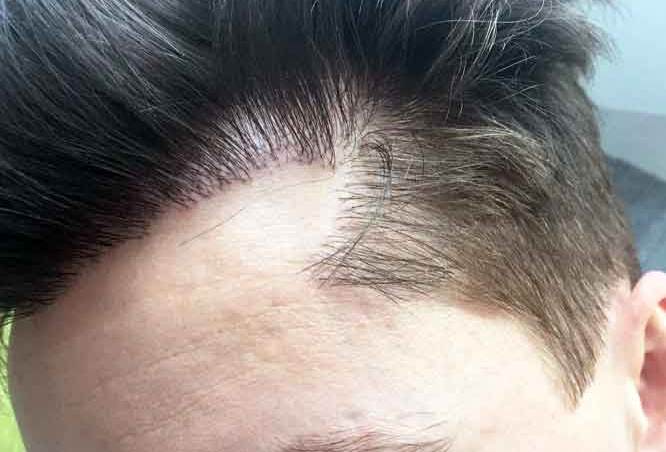Hair Transplant In The UK: How To Get The Best Results

If you are looking to get hair restoration surgery, it’s important to know that not all clinics are created equal. The best way to ensure that you get the results you want from your surgery is to find a clinic with plenty of experience performing the procedures and excellent reviews from its clients. If you wish to restore your hairline or fill in bald spots, here are some questions to ask when choosing the Best hair transplant in London.
After all, getting a hair transplant in the UK can be an overwhelming experience, particularly if you don’t know what to expect, who to trust or where to begin. While getting your hair transplanted doesn’t have to be stressful or scary, there are some important things to consider before you take the plunge into surgery. Here are some tips and advice on how to get the best results from your hair transplant in the UK.
What are the benefits of hair transplantation?
The biggest advantage of hair transplants is that they’re permanent, so you won’t have to worry about treating or hiding your bald spots again. Even one procedure can be enough to avoid a lifetime of insecurity if you start early. Hair transplants are also effective at restoring a natural look and feel, unlike temporary fixes like wigs and weaves, which can look more artificial.
What happens during the procedure?
First, Doctor will administer local anaesthesia for pain relief. He will then remove healthy hair follicles from areas of your scalp where hair is naturally growing and transplants them into balding areas. This can either be via a strip method or follicular unit extraction (FUE) approach.
What will you look like after my hair transplant?
Hair transplants generally yield permanent, natural-looking results that blend seamlessly with your existing hair. Your new hair will look, feel and behave like it’s been growing naturally on your head all along. But how exactly will you look? It all depends on what kind of procedure you choose. In FUE treatment, the maximum percentage of people experience great appearance compared to FUT.
What sort of Doctor should you visit?
Suppose you’re looking for hair restoration surgery, whether a simple procedure like a hair transplant or something more invasive like scalp reduction, you should visit a surgeon. Surgeons have specialised training and are highly skilled at performing these procedures, which means you’ll have a much higher chance of success with minimal scarring. Try searching for hair restoration surgeons on Google or other search engines to find a good surgeon near you.
How much does it cost, and how long will it take?
The hair transplant cost UK varies wildly, and it depends on several factors, including location, which procedure is used and who does it. The most common procedures are Follicular Unit Transplantation (FUT) and Follicular Unit Extraction (FUE). So the cost depends upon the type of hair treatment best suited for you.
Will I need to take time off work?
While your body recovers from surgery, you’ll need to keep your head cleanly shaven and may be asked not to participate in strenuous activities. Getting a hair transplant won’t take a huge chunk out of your life, but it will take time away from other activities and responsibilities. Make sure you factor that into your schedule before scheduling an appointment with a surgeon.
Can you have other treatments alongside a hair transplant?
If you’re thinking about undergoing a hair transplant, it’s important to know that there are other hair-regrowth treatments you can combine with your surgery. One of these is platelet-rich plasma (PRP) therapy, which involves taking blood and breaking it down, then injecting it into your scalp. It is believed that PRP therapy triggers new cell growth, helping to promote healthy hair growth while also reducing dandruff and slowing hair loss.
Will there be any side effects after treatment?
There are no significant side effects associated with hair transplant surgery. However, hair loss is normal for about two months after surgery, so you will have a transition period of 2 months, during which time your new hair may fall out or continue to recede. This is why your regular treatment at home while waiting for your new grafts to grow.
Who is suitable for a hair transplantation procedure?
Not everyone is suited for a hair transplantation procedure. The most successful transplants are performed on men and women with advanced degrees of hair loss who have already tried all kinds of other remedies for their condition. If you still have a good head of hair but would like to add more density or volume to your existing hairstyle, you may be better off considering less invasive methods such as hair thickening products.




